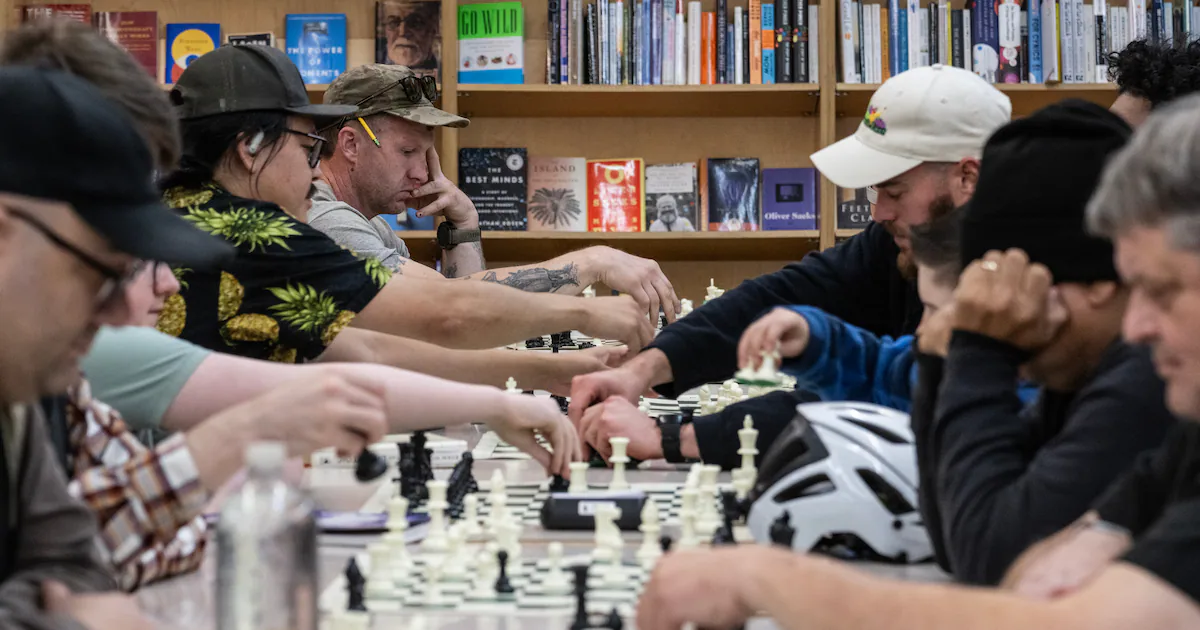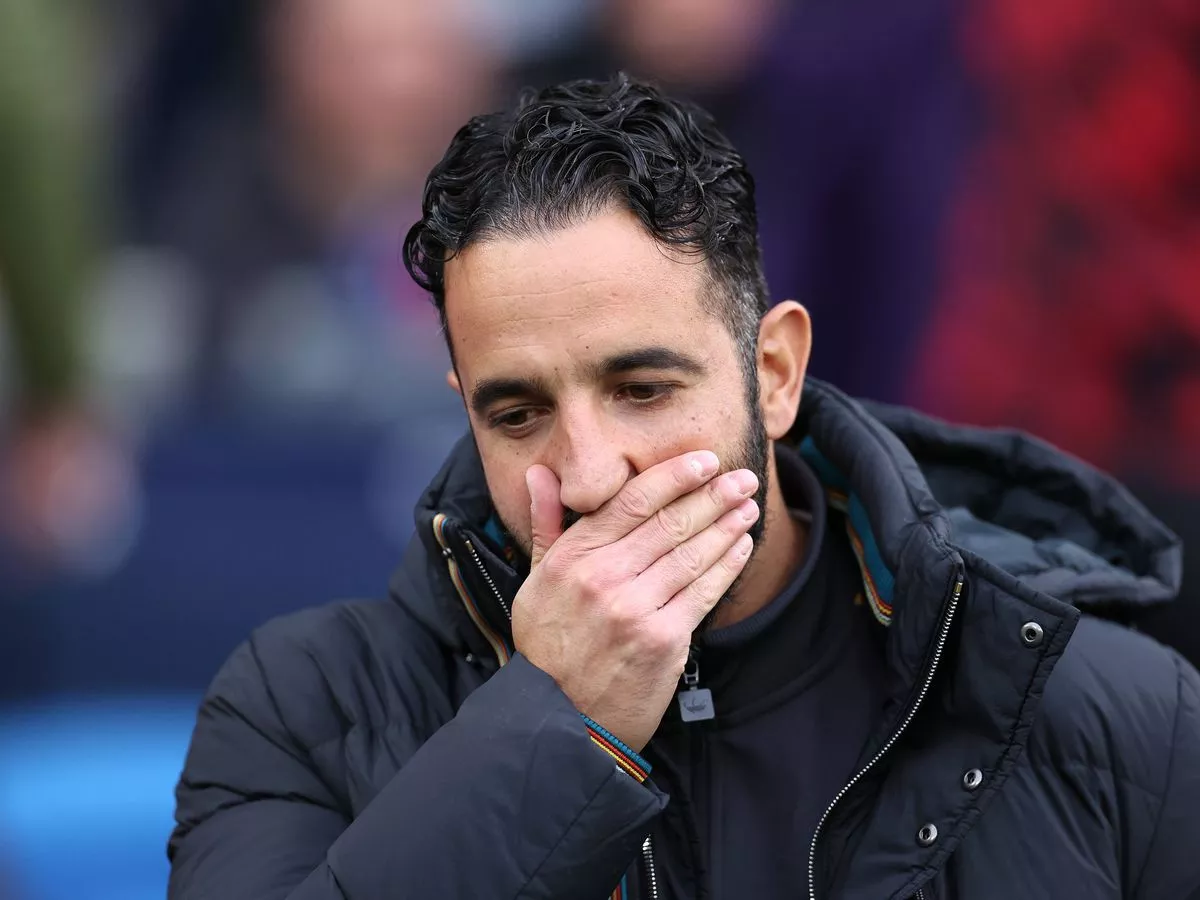
When he started playing chess at age 7, Liam Callahan quickly developed a rival — a player who seemed to be a step ahead of his every move.
Unable to defeat his dad, Callahan overcame the frustration with practice and persistence.
“I was fueled by the rage,” he joked.
Now 16, Callahan is among the state’s top emerging players, a position he hopes to solidify at this weekend’s Alaska State Chess Championship.
This state championship is the first in-person version since 2013, according to organizers.
As players gather at the Lakefront Hotel in Anchorage on Saturday, the tournament will also mark an organizational evolution for chess in Alaska.
Over the summer, the Alaska Chess Federation was accepted as an affiliate of U.S. Chess.
As a state chapter, the Alaska Chess Federation received representation at the national delegates meeting and should bring greater structure to the local scene.
“We wanted organized chess up here in Alaska,” federation President and Treasurer Reilly O’Hara said. “There weren’t any big tournaments. There wasn’t even a state championship. There weren’t many options to get chess over-the-board, up and running.”
The last time Alaska had a state chapter was before the COVID-19 pandemic, and the Last Frontier Chess Foundation existed in the role.
The pandemic took a toll on live chess in Alaska and around the world, but numbers are rebounding along with interest in the game.
Broadly, the popular 2020 miniseries “The Queen’s Gambit” boosted interest in chess worldwide. O’Hara said that the 1993 film “Searching for Bobby Fischer” had a similar effect on the game’s popularity among young people. Previous to that, Fischer drew widespread interest in the 1960s and ’70s during his prodigal run of titles.
“Shows and movies like that just capture a larger audience’s attention,” he said.
As of last week, there were north of 70 entrants into the state tournament with room for nearly another 30 more, according to O’Hara. While cultural cachet is helpful, the Alaska Chess Federation has still taken a grassroots approach.
“Just getting the word out, getting these little chess clubs established, and promoting local chess clubs and local events also helps,” he said. “Everything that’s kind of starting now is the accumulation of a year’s worth of just being steady and making sure that chess is available and an option and something that’s not scarce anymore.”
Like many players, the analytical and evolving nature of the game appeals to Callahan.
“You get to make a lot of decisions, which is fun, and think forward,” he said. “There are lot of things that I feel like I’m good at, but also things I’m bad at, which keeps you interested.”
Staci Eibert, who is the Alaska women’s chess coordinator for the federation, said Callahan’s origin story is a familiar one.
“Young players are typically interested in learning chess with the goal of playing and beating an older family member, like a parent, grandparent or older sibling,” she said. “What keeps them playing beyond that point is a chess community that encourages friendly competition and personal growth undergirded by friendships found at the club level.”
Eibert and her husband, Benjamin — who is the federation’s vice president — are trying to develop those young players.
They’re running chess programs at IDEA Homeschool in Eagle River and Inlet View Elementary in Anchorage for the 2025-26 school year.
While the national affiliation is a big step, there are still plenty of local clubs where chess players meet and play. There are clubs in Southeast Alaska, Fairbanks and Palmer, and the Eiberts have a club in Eagle River.
O’Hara organizes a club that meets at Title Wave Books on Thursdays. He said there’s a regular corps of players, but tourists have stopped in to play over the summer. Last month, more than a dozen players met, including a few first-timers.
Jack Britton was one of the night’s rookies, although he has a long history in the game and has been playing for more than 60 years. Now retired, Britton puts his time toward a number of musical endeavors — and chess.
He’ll compete in the senior edition of the state tournament, but this will be his first attempt to play competitively.
“It’s a lark,” he said. “I’m just kind of curious (how I’d do). I’m not sure I’ve even got the chops to play six games of chess, and if I could win even one of them, I will consider that a victory.”
While some prefer games of chance, Britton likes the mental challenge of chess.
“Card games or dice games, those are all luck,” he said. “And here it’s a matter of what you know and how clear your thinking can be. You know, it’s a mind problem.”
While the Thursday session was dominated by males, women and girls are getting into the game. Eibert said there are six competitors registered in the women’s tournament at this week’s state championship.
In-person chess — or over-the-board chess, as it’s called — is starting to make a comeback after COVID. But a contingent of players like to play online, where access is easier and often cheaper.
“Chess is getting more popular with streaming, like over Twitch or like e-sports,” O’Hara said. “You’ll see a lot of it’s because it’s easier to run a chess tournament online. You don’t have to secure the venue, you don’t have to buy all the physical pieces.”
But for both traditionalists and often more social or recreational players, it’s tough to beat in-person games. Callahan has even traveled to play in the Lower 48, so this weekend’s tournament will be a major measuring stick for him.
“I’m pretty excited,” Callahan said. “I don’t know how well I’ll do, because there’s a lot of strong people in it. I’m hoping for top three.”



